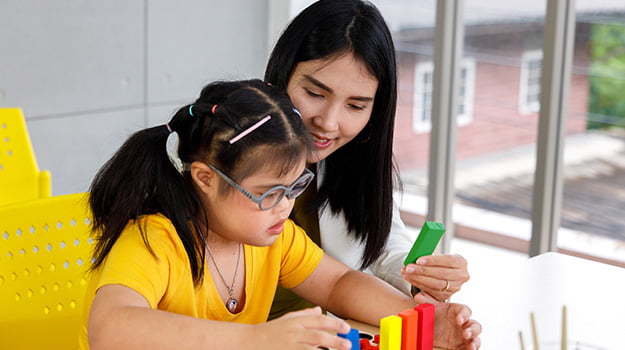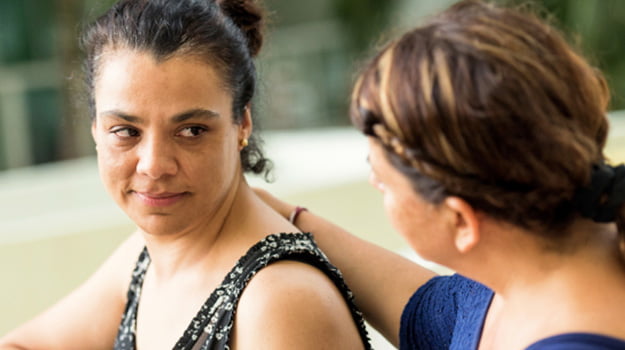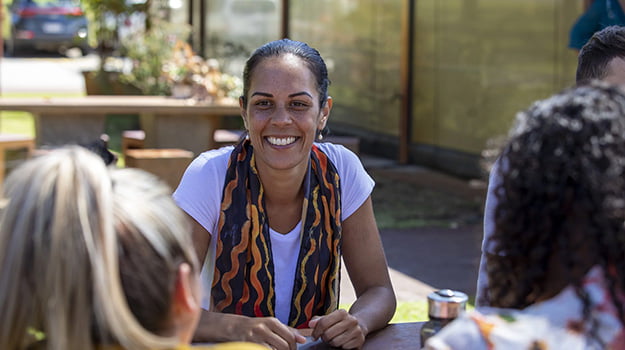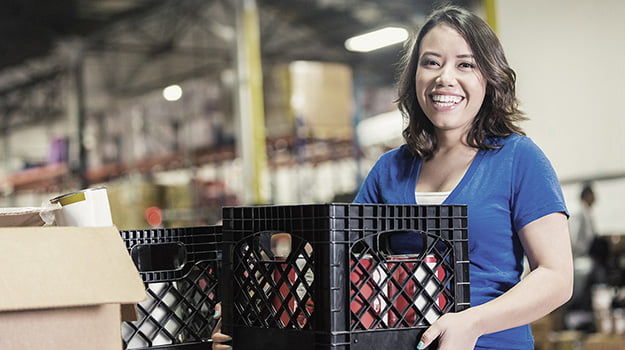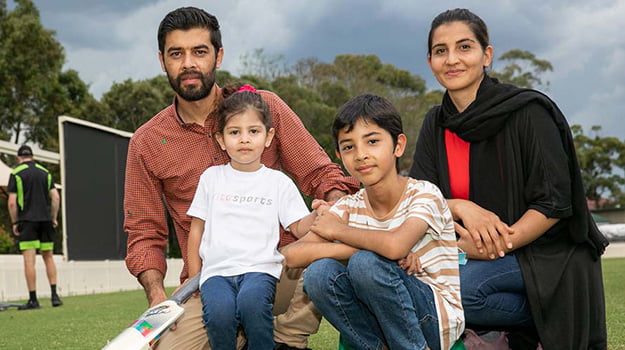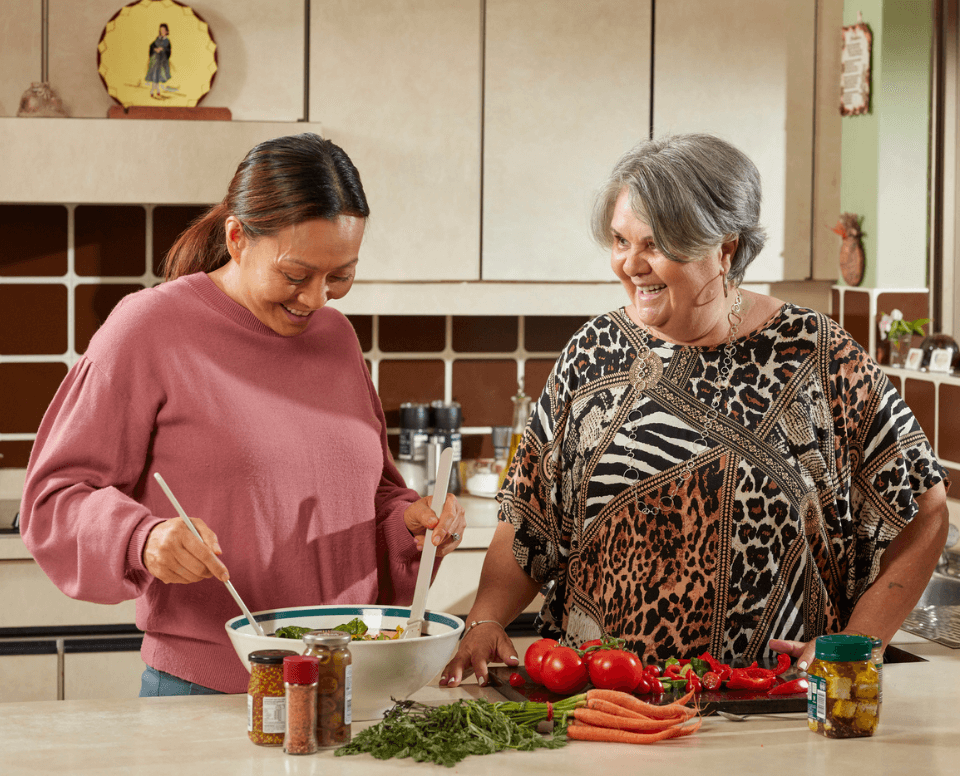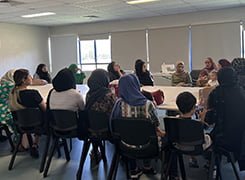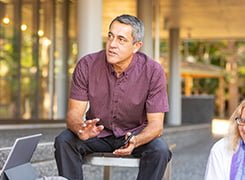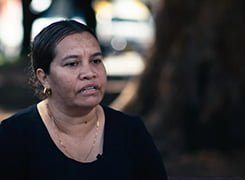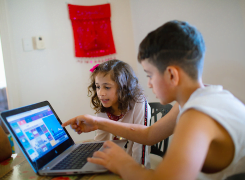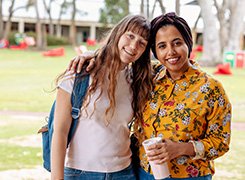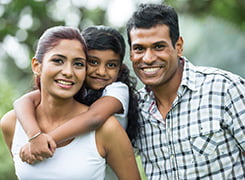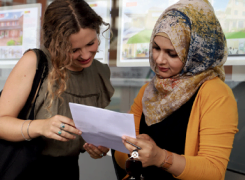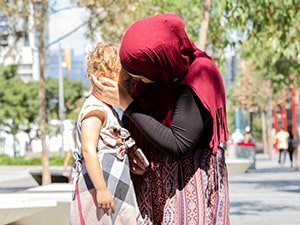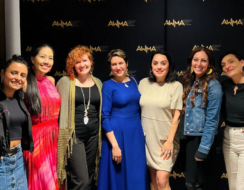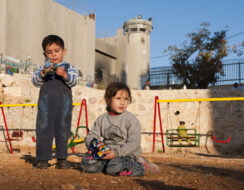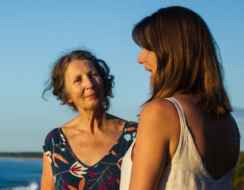01 Jun 2016
NewsHelping foster kids stay connected with their culture
“To be a foster carer is such a wonderful feeling,” said Ms Kumru, “and I recommend it to everyone.”
Ms Kumru has cared for more than 40 children over the past seven years and is now the permanent carer for an eight-year-old girl.
As a Turkish speaking foster carer with SSI, Ms Kumru is able to provide care for children and young people of Turkish background in out-of-home care (OOHC) and to help maintain their cultural identify while they are in care.
There are many reasons why it may not be safe for some children and young people to live with their birth families. This may be the case for just a short period but can also be a long-term or permanent situation.
There are more than 18,500 children and young people in OOHC in NSW and foster carers play a vital role in helping to provide a stable home and family for many of them.
Research shows children in foster care who are supported to learn about and maintain a connection to their culture, religion and language have better outcomes as they grow up than those who are not supported in this way. These connections help children to understand where they have come from and to develop their sense of belonging, and cultural, religious and linguistic identity.
SSI Manager OOHC Program, Kathy Karatasas, said the SSI Multicultural Foster Care model had a strong focus on helping children to maintain these connections.
“Together with the support of a caseworker, our foster carers are committed to helping the child placed with them to learn about and remain connected with their culture, religion and language,” said Ms Karatasas.
“However, while SSI has a focus on recruiting foster carers from culturally and linguistically diverse backgrounds, we are interested to hear from people of any background who have a genuine interest in providing a safe, caring and stable home for these children and young people.”
Ms Kumru said she had cared for children from many different backgrounds, including Bangladeshi and Arabic, and the feeling was the same.
“Being able to give them a future and what they need so that they don’t feel lonely; this is what is important.”
When carers are not from the same cultural background, SSI works with the them, the child, the birth parents and, where needed, culturally specific workers, to develop and put in place a cultural care plan that will assist the carer to meet the child’s cultural needs.
Ms Kumru admitted it was not always easy and that some children had challenging behaviours that needed extra time and care to manage.
“Believe me, with all the children that come into my care, you try to do whatever you can for them. If children feel happy then you feel happy too.”
If you are interested in becoming a foster carer with SSI, visit the foster care page for more information.

